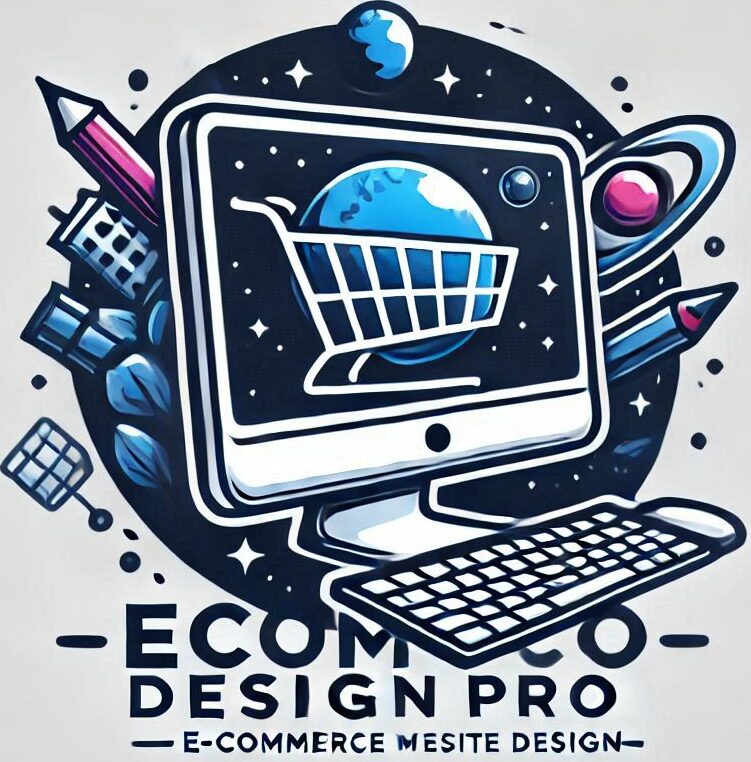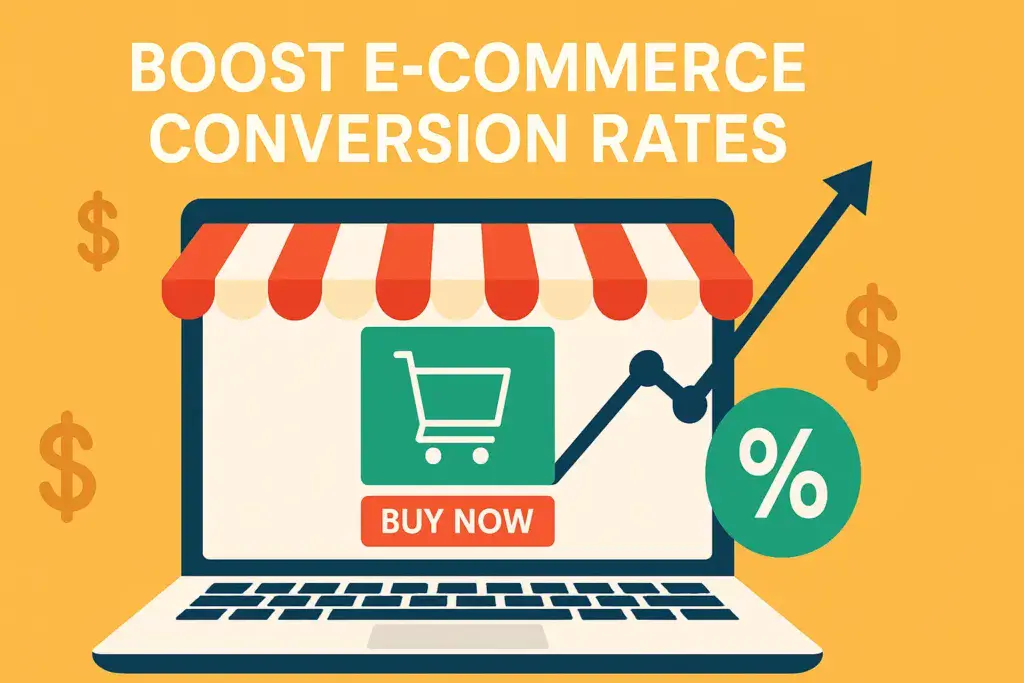I. Introduction to E-commerce Website Builders
In today’s digital landscape, the significance of e-commerce for startups cannot be overstated. With more consumers turning to online shopping for convenience and variety, establishing a robust online presence is essential for new businesses aiming to compete and thrive. E-commerce allows startups to reach a wider audience, reduce overhead costs associated with physical storefronts, and provide customers with an accessible platform for purchasing goods and services. With the right tools, entrepreneurs can harness the power of the internet to drive sales and build brand loyalty.
Website builders specifically designed for e-commerce offer a streamlined approach for startups to create and manage their online stores without requiring extensive technical knowledge. These platforms provide a user-friendly interface, allowing entrepreneurs to focus on their products and marketing strategies instead of getting bogged down by complex coding or web design processes. Furthermore, e-commerce website builders come equipped with essential features like payment processing, inventory management, and customizable templates that cater to the unique needs of online retailers.
When choosing an e-commerce platform, several criteria should be considered to ensure that it aligns with the startup’s goals and resources. Key factors include ease of use, scalability, available features, pricing structures, customer support, and the ability to integrate with other tools and services. By evaluating these aspects, startups can make informed decisions that set the foundation for their online success.
In the following sections, we will explore some of the leading e-commerce website builders available today, highlighting their strengths and functionalities to help startups navigate this critical decision-making process.
II. Top E-commerce Website Builders
As the digital marketplace continues to expand, selecting the right e-commerce website builder is essential for startups aiming to establish a strong online presence. Below, we explore three leading e-commerce website builders that cater to a range of business needs, offering unique features and advantages.
A. Shopify
1. **Ease of Use and Setup**
Shopify is renowned for its user-friendly interface, making it an ideal choice for entrepreneurs with minimal technical skills. The platform offers a streamlined setup process, allowing users to launch their online store quickly. With a simple drag-and-drop functionality, even those without prior experience can design and manage their e-commerce site effortlessly.
2. **Features and Functionality**
Shopify’s extensive feature set includes a variety of customizable templates, integrated payment processing, inventory management, and shipping solutions. Moreover, it supports a multitude of third-party apps, enabling users to enhance the functionality of their stores. From marketing tools to analytics, Shopify provides everything a startup needs to thrive in the competitive e-commerce landscape.
3. **Pricing and Plans**
Shopify offers several pricing tiers, starting from a basic plan suitable for small businesses to more advanced options designed for larger enterprises. Each plan comes with varying features, allowing startups to choose one that aligns with their budget and growth trajectory. Additionally, there are no hidden fees, making it easier for users to forecast costs.
B. Wix eCommerce
1. **Design Flexibility and Templates**
Wix eCommerce stands out for its strong emphasis on design flexibility. With a vast array of beautifully crafted templates, users can create visually appealing online stores that reflect their brand identity. The platform’s drag-and-drop editor allows for extensive customization, enabling startups to tailor every aspect of their site without needing coding skills.
2. **App Market and Integrations**
Wix boasts a robust app market that offers numerous integrations to enhance the functionality of e-commerce sites. From email marketing tools to social media integrations, users can easily add features that suit their business needs. This flexibility allows startups to scale their operations and adapt to changing market demands.
3. **Customer Support and Resources**
Wix provides comprehensive customer support, including live chat, email support, and an extensive knowledge base filled with tutorials and articles. This level of support is particularly beneficial for startups that may require assistance during the initial stages of building their online presence.
C. BigCommerce
1. **Scalability for Growing Businesses**
BigCommerce is designed for scalability, making it an excellent choice for startups with growth ambitions. The platform can accommodate a large number of products and high traffic volumes without compromising performance. This scalability ensures that as your business expands, your e-commerce site can grow alongside it.
2. **Built-in Features vs. Add-ons**
Unlike some competitors that rely heavily on third-party apps, BigCommerce offers a plethora of built-in features. From advanced analytics and multi-channel selling to SEO tools, startups can leverage these capabilities without incurring additional costs for add-ons. This makes it easier for businesses to manage their operations and optimize their online presence.
3. **SEO Capabilities**
BigCommerce is recognized for its strong SEO features, which are crucial for driving organic traffic to your online store. The platform includes customizable URL structures, meta tags, and various optimization tools, allowing startups to enhance their visibility on search engines. This focus on SEO can significantly impact a startup’s ability to attract customers and grow sales.
In conclusion, Shopify, Wix eCommerce, and BigCommerce each offer unique advantages that cater to the diverse needs of startups. By examining the ease of use, features, and scalability of these platforms, entrepreneurs can make informed decisions that align with their business goals.
III. Choosing the Right Builder for Your Startup
Selecting the right e-commerce website builder is a pivotal step for any startup aiming to carve out a niche in the competitive online marketplace. With various platforms available, each with its unique features and strengths, it’s essential to choose one that aligns well with your business goals and operational needs. Here are key considerations to help you make an informed decision.
A. Assessing Your Business Needs
Before diving into the selection process, take a moment to clearly define your business objectives. What type of products or services are you planning to sell? Will you require advanced features such as inventory management, customer segmentation, or multi-channel selling? Understanding your specific requirements will guide you toward a platform that caters to those needs effectively. For example, if you’re launching a subscription-based service, look for builders that offer robust tools for managing recurring payments and customer accounts.
Additionally, consider your target audience. Are you looking to appeal to a niche market, or do you aim for broader consumer demographics? The design and functionality of your website should resonate with your intended customers, so choose a builder that enables you to create an appealing, user-friendly experience.
B. Budget Considerations
Budget is a crucial factor when selecting an e-commerce website builder. While many platforms offer low entry costs, it’s vital to evaluate the long-term expenses associated with each option. Look beyond the initial pricing plans and consider transaction fees, payment processing costs, and costs for apps or add-ons that may become necessary as your business grows.
It’s also wise to factor in potential scalability costs. As your business expands, you may need to upgrade to a more robust plan or incorporate additional features, which can impact your overall budget. By considering both your current financial situation and future growth potential, you can choose a platform that fits your financial strategy.
C. Trial Periods and Demos
Many e-commerce website builders offer free trials or demos, providing an excellent opportunity to test their features and usability. Take advantage of these trials to explore the platform’s interface and tools, ensuring that it meets your expectations before committing to a subscription.
During the trial period, focus on key functionalities that are crucial for your startup, such as ease of product uploads, customization options, and the overall user experience. Engage with customer support during this phase to gauge their responsiveness and helpfulness, as this can be indicative of the level of assistance you can expect after launching your site.
By thoroughly assessing your business needs, budgeting wisely, and utilizing trial periods, you can find the e-commerce website builder that best aligns with your startup vision, setting the stage for a successful online presence.
IV. Conclusion
In summary, selecting the right e-commerce website builder is a critical decision for any startup looking to establish a robust online presence. Throughout this article, we explored the importance of e-commerce for startups and provided an overview of some of the leading website builders on the market today. Each platform—whether it be Shopify, Wix eCommerce, or BigCommerce—offers unique features and advantages that cater to different business needs and goals.
As you consider your options, it’s essential to assess your specific business requirements, including your budget, design preferences, and scalability needs. Take advantage of trial periods and demos offered by these platforms to ensure you find the best fit for your vision.
As the e-commerce landscape continues to evolve, staying informed about future trends—such as advancements in AI-driven personalization, mobile commerce, and omnichannel strategies—will enable you to make an informed choice that positions your startup for success. Embrace the journey of building your online store, and remember that the right tools can help turn your entrepreneurial dreams into reality.






